Resources
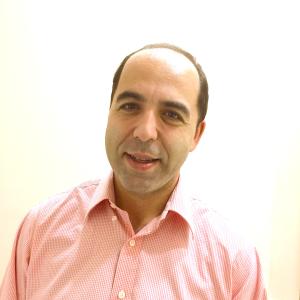
Eren Tasar Assistant Professor University of North Carolina at Chapel Hill As a trend in twentieth-century world history, decolonization is a major topic in any class dealing with modern Muslim societies. This mundane fact comes as a surprise to some of my students, however, for reasons that I can illustrate.
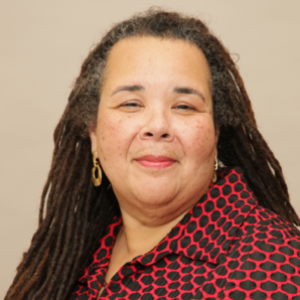
Nancy Lynne Westfield Associate Professor of Religious Education Drew Theological School It is a challenge to do what you teach. “If you know these things happy are ye if you do them.” (John 13:17, King James Version – or the version of my childhood bible study) - my grandfather’s favorite.
Ground TransportationAbout a week prior to your travel you will receive an email from Trish Overpeck (overpecp@wabash.edu) with airport shuttle information (pdf). This email includes the cell phone number of your driver, where to meet, and fellow participants with arrival times. Please print off these instructions and carry them with you.
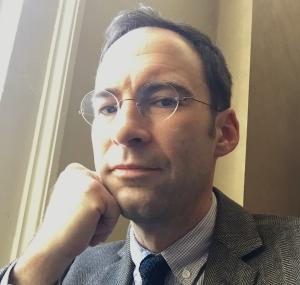
Caleb Elfenbein Assistant Professor Grinnell College The core learning goal of my introduction to Islam is that “Islam” is not a thing. Islam does not say anything. Islam does not do anything. Islam holds no power over anyone. Given the incredible diversity across time and space that marks the practices
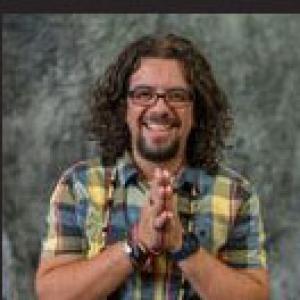
Cláudio Carvalhaes Associate Professor McCormick Theological Seminary In Brazil There has been a recent uprising of students fighting for justice and better education. Several political developments have spurred the revolt of fourteen- to seventeen-year-old students in defiance of arbitrary laws of governors. Let me mention four events. First, it was
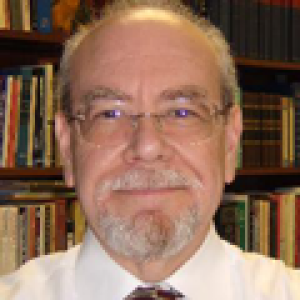
Theological school deans are not just theological leaders for their institution, they must be EDUCATIONAL leaders. That is, they must implement sound educational practices related to curriculum, instruction, supervision, assessment, and administration. There is a variety of ways to assess...
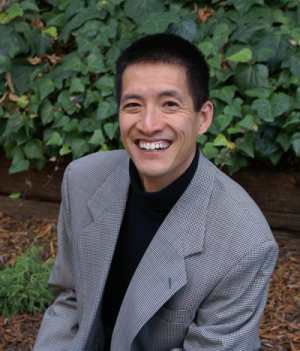
Tat-siong Benny Liew Class of 1956 Professor in New Testament Studies College of the Holy Cross “You are now entering the real world.” This is undoubtedly one of the most popular remarks that college/university graduates hear around the time of their commencement ceremony. The comment implies, of course, that life

Joshua Canzona Georgetown University In his “Homage to Joe Sacco,” Edward Said celebrates the author of Palestine and gives us one of the best love letters to comics ever written. He shares his first comic book experience, “Everything about the enticing book of colored pictures, but specially its untidy, sprawling.

Nancy Lynne Westfield Associate Professor of Religious Education Drew Theological School The proximity of violence is the terror. Violence is not new – it is, for much of our society and in many, many ways, a preferred way of life. The illusion is that violence can be controlled, patrolled, contained,
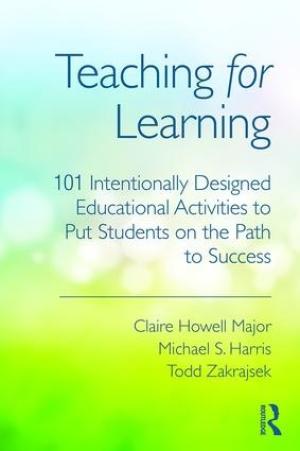
The authors of this extremely helpful book open with an observation that is often true: there is a lot of research on how to teach effectively, but “this information tends to be inaccessible to most instructors, as it has been published piecemeal in journals that instructors frequently do not read” (xi). To help remedy this lamentable situation, they have sifted through hundreds of studies in teaching and learning in order to compile a list of educational activities that both work in real world settings and are supported by research. In other words, if you have ever wondered what kinds of teaching actually lead to learning (retention, critical thinking skills, creative application), and you would like to do a better job of varying your pedagogical approaches, then this book will be of interest to you. Each of the eight chapters focus on a particular kind of teaching and learning format, including lecture, discussion, peer teaching, academic games, reading strategies, writing, graphic organizers, and metacognitive reflection. In clear prose, the authors explain the strengths and drawbacks of each kind of teaching as well as what researchers have found concerning each approach’s effectiveness. For example, lectures work better when instructors keep the lectures short, focused on essentials, and when accompanied with frequent quizzing and guides to effective note-taking. After establishing what works according to research, the authors provide detailed “Intentionally Designed Educational Activities” (IDEAs) to help instructors teach in a way that has been proven to lead to learning. Again, using lecture as an example, some of the suggested activities include guided note-taking, a “find the flaw” exercise, the Socratic seminar, and lecture bingo. The IDEAs, which are delightful and often fun, are cross-referenced with other teaching activities in the book and include helpful “pro-tips” to give additional guidance on implementation. This clear structure makes the book one that can be read cover-to-cover as well as a handy reference volume for specific classroom situations. Both seasoned and new teachers will get a lot out of this book. New instructors will find the help they need when trying to translate their graduate education into effective teaching. More seasoned teachers will find some tried-and-true methods confirmed but will also encounter new ideas to reinvigorate the classroom. While some of the 101 IDEAs in the book are clearly designed for mathematics or scientific fields, the vast majority are well-suited to humanities and social sciences and will be right at home in religious studies and theological departments at both undergraduate and graduate levels. This book has the potential to greatly improve our day-to-day teaching; our students will be grateful.